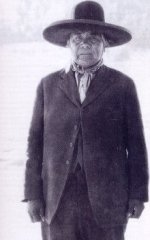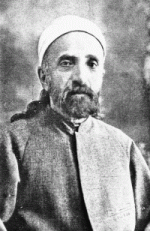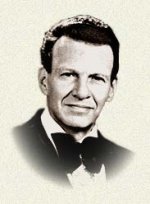I'd go along with that, but I wouldn't call it a marketing campaign. Well, I might. I know what you mean, but I'm not sure it extended to the resurrection. I rather think that a lot of people actually believed that happened (see below). As to the miracles, I've already commented. It's plausible he was a faith healer. It's also possible the guys doing the genealogies foolishly believed in what they were doing just as much as the ones who might have believed what they wrote in the genealogies in Genesis. Or maybe they didn't believe it.
Do you mean Fabian Fournier? In that case, sort of, yes, a bit like that.
What then is the difference between a real historical Jesus with nothing to document him and the biblical Jesus?
Imo, a minimal amount of plausible items which might reasonably be taken to be probably historical are that some Judean messianic claimant more likely than not got killed by the Romans. He probably said some things and did some things before that, possibly of a millenarian nature. He was probably just another deluded, failed messianic claimant like all the others. Beyond that I'm not especially interested, necessarily.
I think it's reasonable to believe that some of the epistles were probably written not long afterwards, and the whole initial fuss seems to have been largely based on the deluded notion that his death hadn't entirely been the end of him.
Not at all unusual. Sai Baba of Shardi's followers believed it about him. Ditto other 'messiahs'. See also: ghosts/apparitions in general.
Incidentally, a guru's mode of passing away doesn't have to be at all like what was expected for followers or converts to adjust to. Some of Sabbati Zevi's modern-day Jewish followers still cling to the idea that he really was the Jewish messiah even though he converted to
Islam before he died in 1676. They reckon it was all part of the messianic scheme (and are still waiting). Some of his leading followers at the time encouraged this explanation after his death and it was bought into, similar to the way some people bought into the 'stumbling blocks' about a reported messiah supposedly being hung off a 'tree' by the authorities, or indeed the way cults revise the expected date of the end times after the first one has passed and nothing happened.












